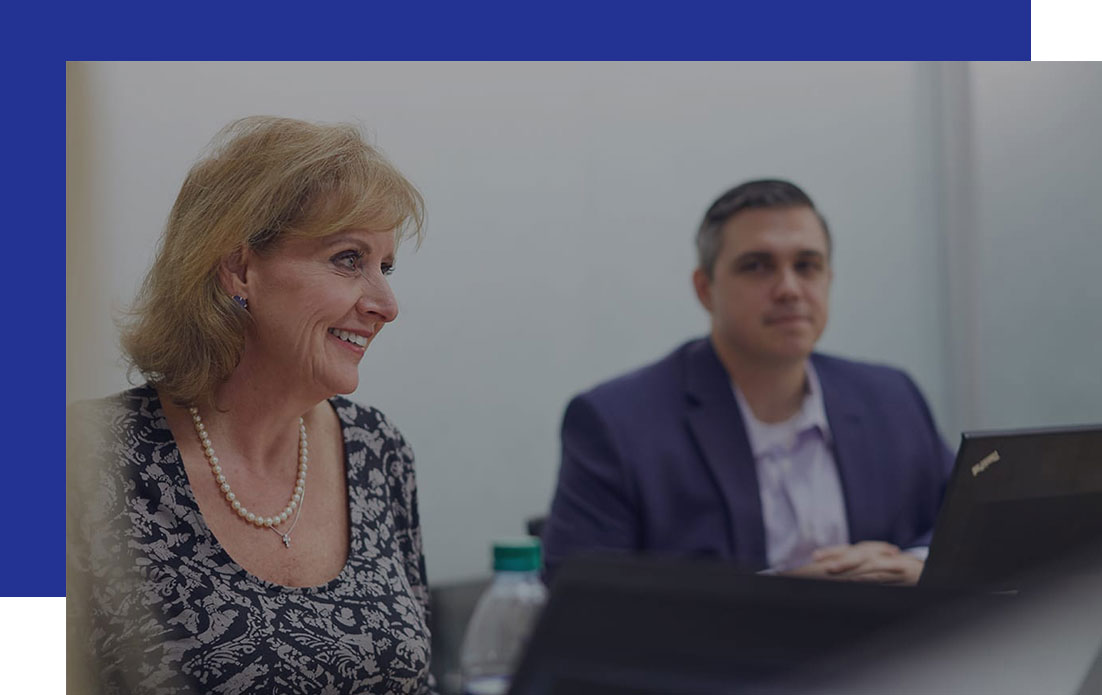The client had previously designated OpenText Content Server 16 as its official corporate records repository. However, the increasing user demand for its Office 365 platform, Communications including SharePoint Online (SPOL) and Teams, made it clear that the platform must also be used to manage documents through their full lifecycle.

To be successful, a records management program should be more than just a way to store an organization’s information. Access Sciences builds records management programs to be sustainable and adaptable over the long term, enabling compliance while supporting operations.

The client had previously designated OpenText Content Server 16 as its official corporate records repository. However, the increasing user demand for its Office 365 platform, Communications including SharePoint Online (SPOL) and Teams, made it clear that the platform must also be used to manage documents through their full lifecycle.
We assess current practices and develop program roadmaps to provide structure and address gaps.
Our experts design and implement sustainable information management and governance programs.
We develop relevant, actionable information management and governance policies and processes.
From beginning to end, we do it all – records ingestion, classification, request fulfillment, lifecycle management, and security.
We help organizations to communicate and justify the business need for records and information management programs.
Our experts design taxonomies so information can be found when needed, regardless of who created it and where it is stored.
Our experts help organizations realize cost savings by physically and digitally analyzing boxed records inventories in support of defensible disposition.
Our professionals ingest, image, and classify content, freeing organizations to focus on their core business.
We assess current practices and develop program roadmaps to provide structure and address gaps.
Our experts design and implement sustainable information management and governance programs.
We develop relevant, actionable information management and governance policies and processes.
From beginning to end, we do it all – records ingestion, classification, request fulfillment, lifecycle management, and security.
Modus™, our patented retention solution, enables our experts to develop schedules that exactly meet an organization’s retention requirements.
We help organizations to communicate and justify the business need for records and information management programs.
Our experts help organizations realize cost savings by physically and digitally analyzing boxed records inventories in support of defensible disposition.
Our professionals ingest, image, and classify content, freeing organizations to focus on their core business.

Records management is focused on what you must do to protect and manage records throughout their lifecycle. It is based on legal and regulatory requirements and has rigorous standards for compliance.
Information management builds on records management and other document management activities to create a comprehensive system of policies, processes, and tools designed to control and maintain information, so that its value can be leveraged throughout its useful life.

Records management is focused on what you must do to protect and manage records throughout their lifecycle. It is based on legal and regulatory requirements and has rigorous standards for compliance.
Information management builds on records management and other document management activities to create a comprehensive system of policies, processes, and tools designed to control and maintain information, so that its value can be leveraged throughout its useful life.
This client’s retention schedule had not been updated in 10 years. Its use was limited to physical records and it was not fit for purpose with electronic records or their new content management system. Faced with far too many entries…
Records management programs tend to focus on the legal consequences of not keeping records that should be retained, or retaining records that should be destroyed…
A state agency with a well-established records management program and a robust physical records management solution in place determined that…


